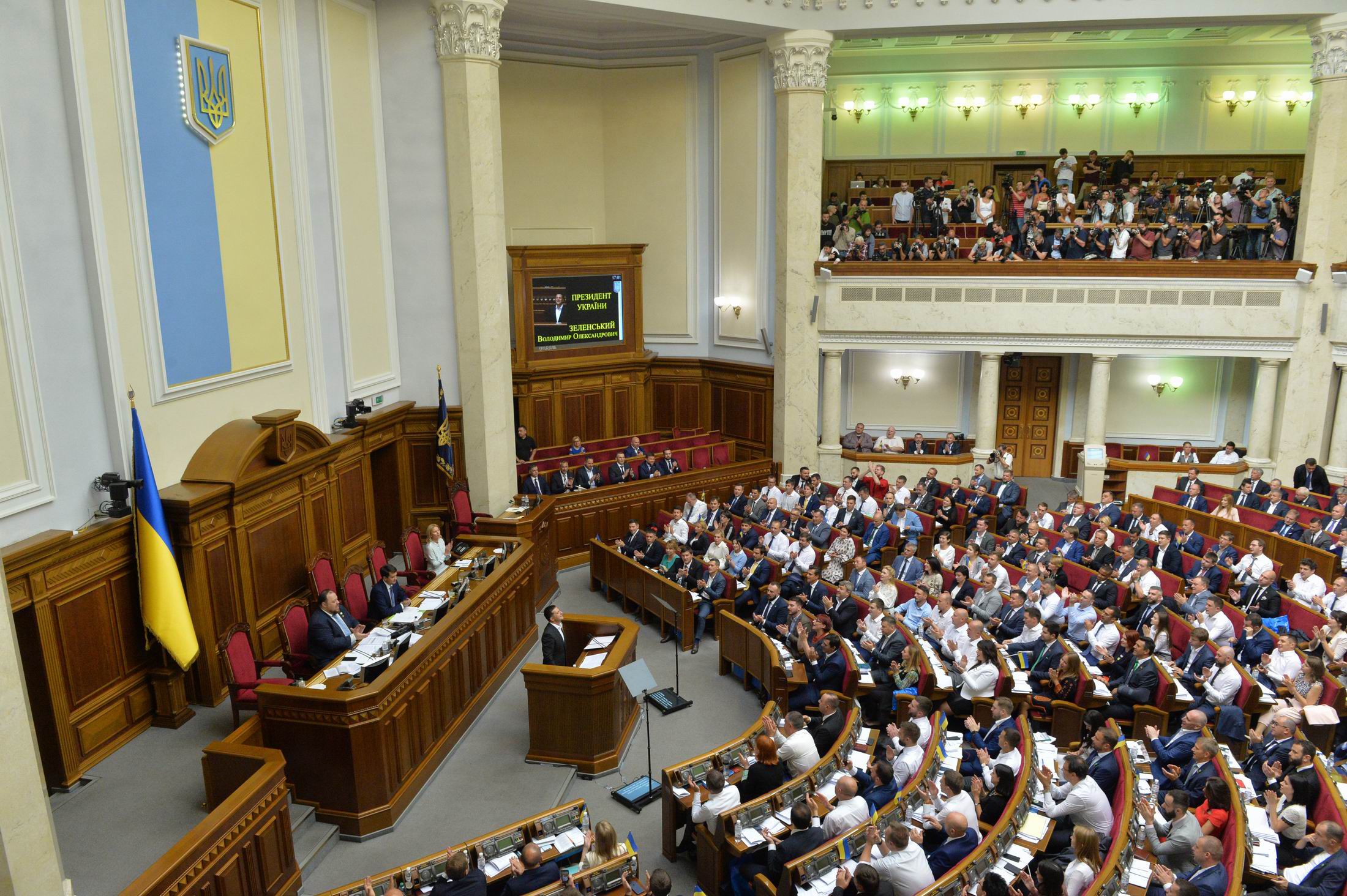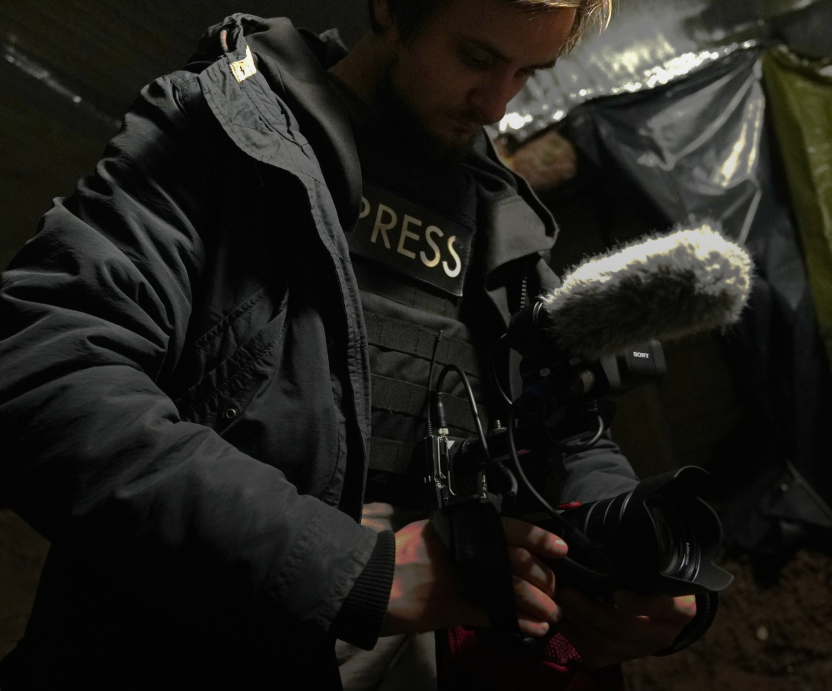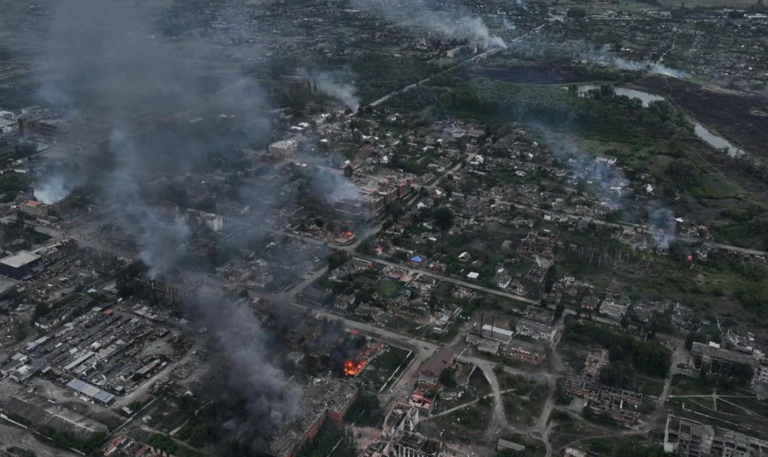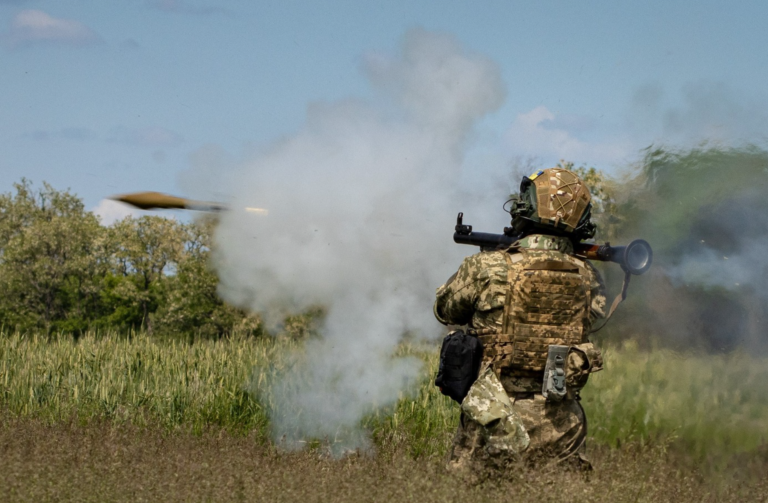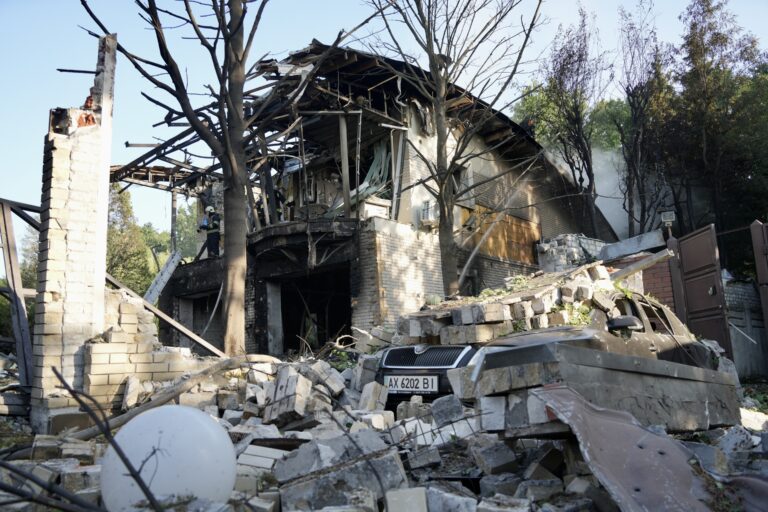On May 2, the Verkhovna Rada adopted a resolution defining Russia’s political regime as rashism and condemning its ideological principles and social practices as totalitarian and hateful, reported by MP Oleksiy Honcharenko.
281 MPs supported the resolution. In the statement, Parliament appeals to the United Nations, the European Parliament, the Parliamentary Assembly of the Council of Europe, the OSCE Parliamentary Assembly, the NATO Parliamentary Assembly, governments and parliaments of foreign countries to support the condemnation of the ideology, policies and practices of rascism.
The document’s explanatory note states that the Russian-Ukrainian war has shown the world the true face of Vladimir Putin’s political regime. It is a neo-imperial, totalitarian dictatorship that follows the worst practices of the past and embodies the ideas of fascism.
The resolution’s authors noted that the dominant worldview concept of the Russian regime was “the self-aggrandizement of Russia and Russians as a result of violent oppression, denial of the right to self-determination, or even the right to existence of other peoples.”
The draft resolution was registered by more than 40 MPs, including representatives of various political forces.
Wikipedia: Ruscism (also known as Rashism, Russism, or Russian fascism) is a term used by a number of scholars, politicians and publicists to describe the political ideology and social practices of the Russian state in the late 20th and early 21st centuries, and especially during the rule of Vladimir Putin. “Ruscism” and “Russism” are portmanteaus combining the words ‘Russian’ and ‘fascism’; “Rashism” is a rough transcription of the Russian and Ukrainian equivalent (also a portmanteau). It is also used to refer to the ideology of Russian military expansionism. It has been used as a label to describe an undemocratic system and nationality cult mixed with ultranationalism and a cult of personality.
- The “Ordinary Rashism” film premiered in Kharkiv. It is dedicated to the last year’s events and tells about the causes of the war, the mentality and the historical peculiarities of Russian society.
- The Russian military most often tortures people in the occupied territories with electric shocks and beatings. Former military personnel, anti-terrorist operation participants, volunteers, civil and political activists, and government officials.
